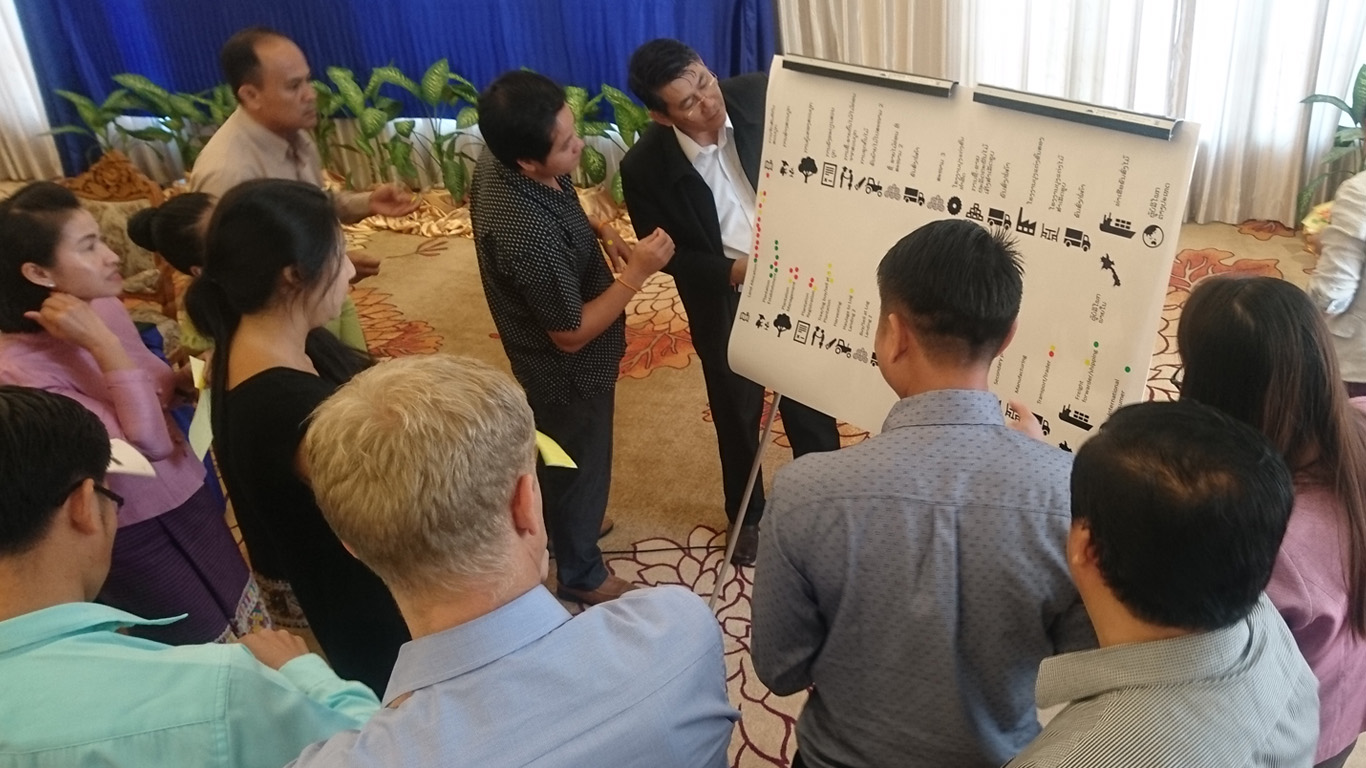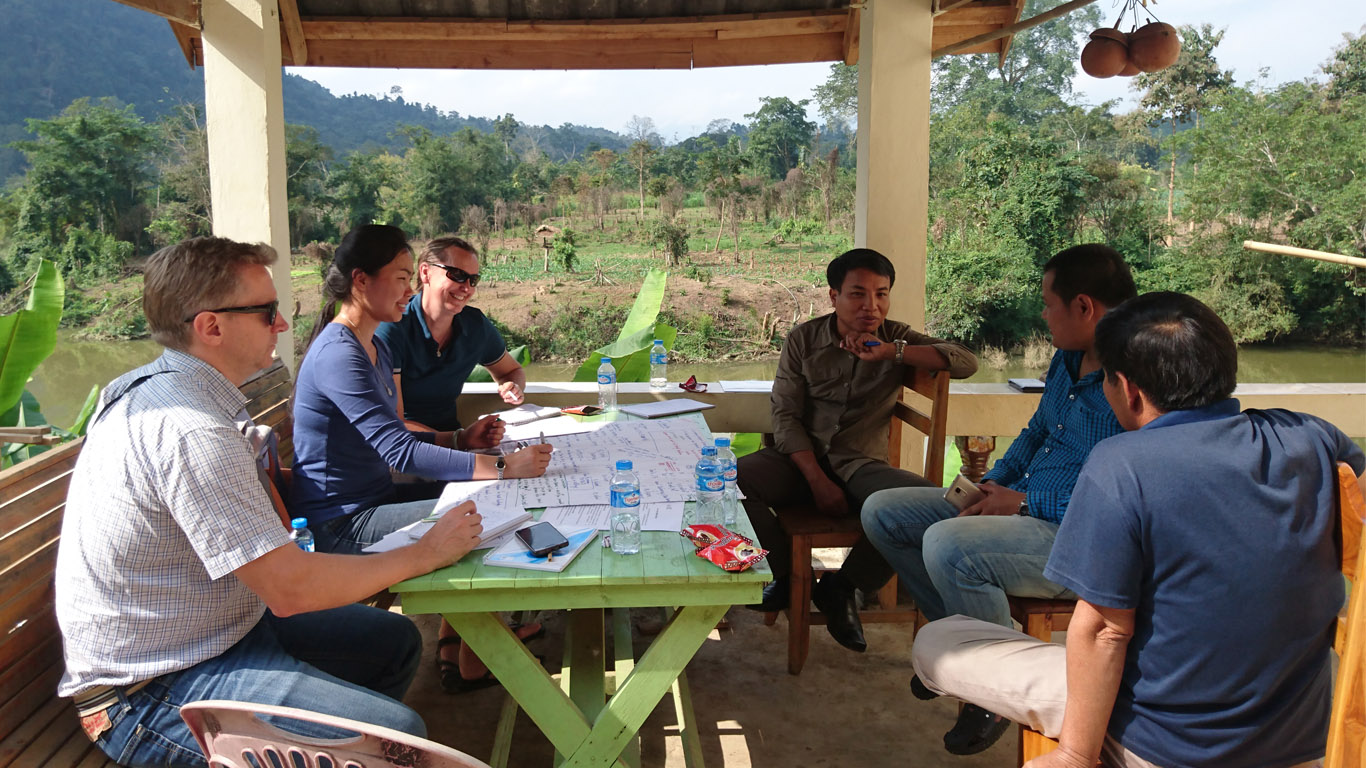ACIAR will soon have a blueprint to help facilitate the results from agricultural research being used to help inform policy in Lao PDR.
Developed through ACIAR-supported research led by the Australian National University (ANU), the blueprint stems from a 2-year investigation looking at why some research projects were successful at informing policy and why some were not.
It was found that evidence-based policies are more likely to meet intended goals and have a more significant impact.
ACIAR Research Program Manager for Social Systems Dr Clemens Grunbuhel said that while the blueprint will be specifically for Laos, a similar approach could also assist other countries.
‘We wanted to understand the culture of policy decisions in Laos and the processes, practices and factors that facilitate or hinder policy development and how research funded by ACIAR can support making informed and considered decisions,’ Dr Grunbuhel said.
‘Gaining this understanding could increase the impact ACIAR-supported research can have and helps anticipate the ramifications of policies.
‘This also helps us track whether policies are effective and lead to the intended outcomes’
Project leader Dr Hilary Smith from ANU said policymakers in Laos were increasingly looking for evidence when making decisions, and substantiation can come from a variety of places.
In the field of inclusive agricultural development, ACIAR-supported research could fill this gap.
‘We wanted to find examples of where ACIAR-funded work had been used in policy development, and then to work back to determine how this had happened,’ Dr Smith said.
For example, forestry became a focus for the Lao government in around 2016, when it ramped up its efforts to curb illegal logging.
Researchers working on an ACIAR-supported forestry project at the time were asked to brief the Director-General of the Lao Department of Agriculture and Forestry about the impact of the ban on the sector.

As a result, regulations were revised to reflect the project’s learnings that aimed to identify and address barriers to smallholder plantation farmers participating in wood-export markets.
‘We wanted to understand what lessons could be learned from experiences like this so the findings of other research projects could similarly be used to improve policy-making,’ Dr Smith said.
In the case of this forestry example, Dr Smith said it was part serendipity that the research was timely and available when the highest levels of government needed information.
Responding quickly when issues arose and when requests were received was key to ensuring that ACIAR-supported research could be used in policy development.
But it was also about appreciating Lao culture and the country-specific governance systems and finding ways to be included at high-level policy-making sessions, to be able to share ACIAR-supported project results.
‘One of our main outputs will be to deliver a guidance document – or blueprint – which will distil the lessons we have learned that can then be applied to other audiences and projects,’ Dr Smith said.
‘At the end of the day, we want to help the Lao Government, and respond to its requests for evidence-backed input into its policies.’

Lao project team members have been involved in the research project by conducting interviews with policymakers and scientists. They have also collaborated with government departments and the National University of Laos (NUoL).
The Lao project team said that their involvement in the research gave them new hope that policy-making and decision-making in the future will involve multiple sectors, particularly researchers.
They were able to identify problems not seen before that they can now address to help them connect the work of researchers to policymakers.
Lessons from the blueprint will be piloted in a workshop run by the NUoL Faculty of Social Science and provided to future ACIAR-funded projects in Lao PDR.
Learn more via the ACIAR website.








